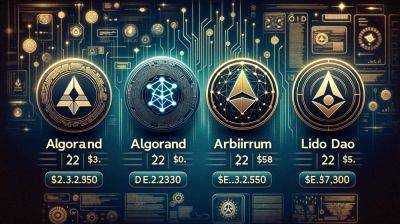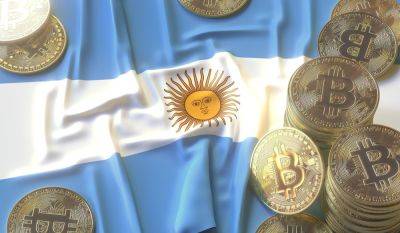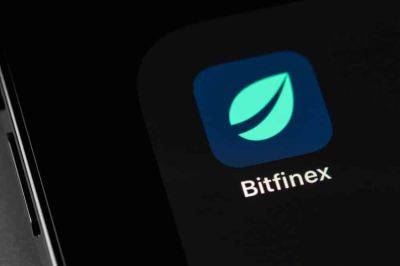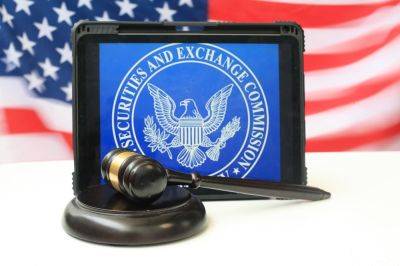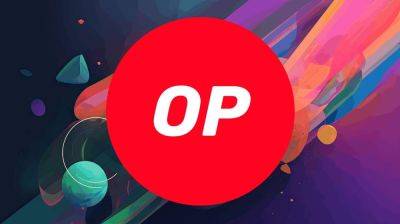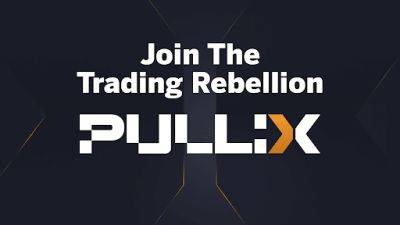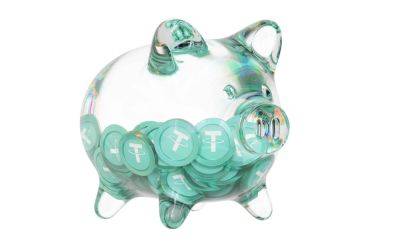Decentralization and sovereignty: Debunking our approach to digital sovereignty
People have lost control of their destiny — well, control of their digital identity — when navigating the online world. But with more of our interactions taking place online, it becomes increasingly vital to raise awareness of the potential dangers related to our data.
Whether it’s browser data or sensitive information, our digital snail trail is frequently extrapolated and shared under our noses, but its repercussions are becoming more clear. MGM’s recent data breach resulted in around $100 million in losses and innumerable impacted customers. Bankruptcy provider Kroll revealed that FTX, Genesis and BlockFi customers’ data leaked following a cybersecurity hack. While 74% of these hacks are achieved through social engineering, Verizon also found that the volume of ransomware attacks was greater in the past couple of years than the previous five years combined.
While digital sovereignty is often illustrated as a far-fetched fantasy, requiring a complete overhaul of the current system or a total exodus to decentralized infrastructure, must we default to extremes to improve the way people exercise control of their online lives? While blockchain technology offers significant hope, there are other stepping stones to sovereignty that could prove more accessible and approachable to mainstream users.
Sovereignty is tied to owning and controlling your online identity and using tools that are fully under one’s control while arbitrating who can access information owned and produced by yourself. It does not require a higher authority for validation or authentication because that authority is you — but sovereignty is more multi-faceted than that.
Relying on a decentralized autonomous organization (DAO) or coded blockchain to make your
Read more on cointelegraph.com
 cointelegraph.com
cointelegraph.com
